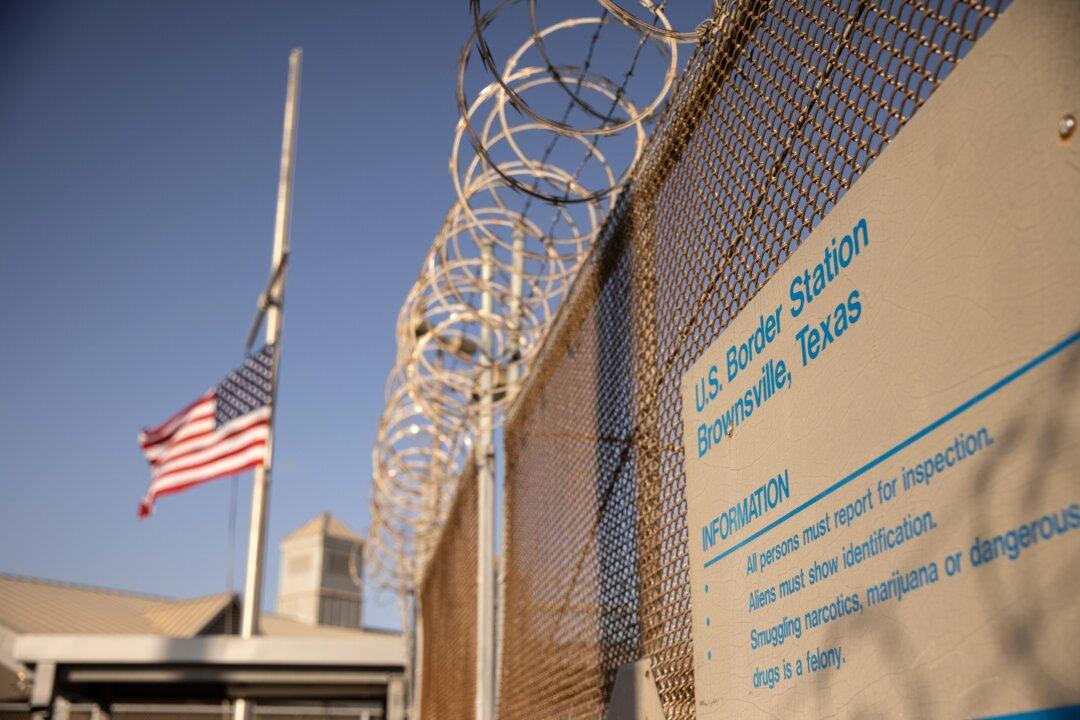An outbreak of fungal meningitis at a popular Mexican destination for medical tourism has caused two deaths and is threatening the lives of more than 200 American patients, the U.S. Centers for Disease Control and Prevention (CDC) said Wednesday.
The outbreak, according to the federal health agency, occurred among patients who traveled to Matamoros, Tamaulipas—located just two miles directly south of the Texas border town of Brownsville—and had surgical procedures there under epidural anesthesia, which involves the injection of an anesthetic into the area around the spinal column.





